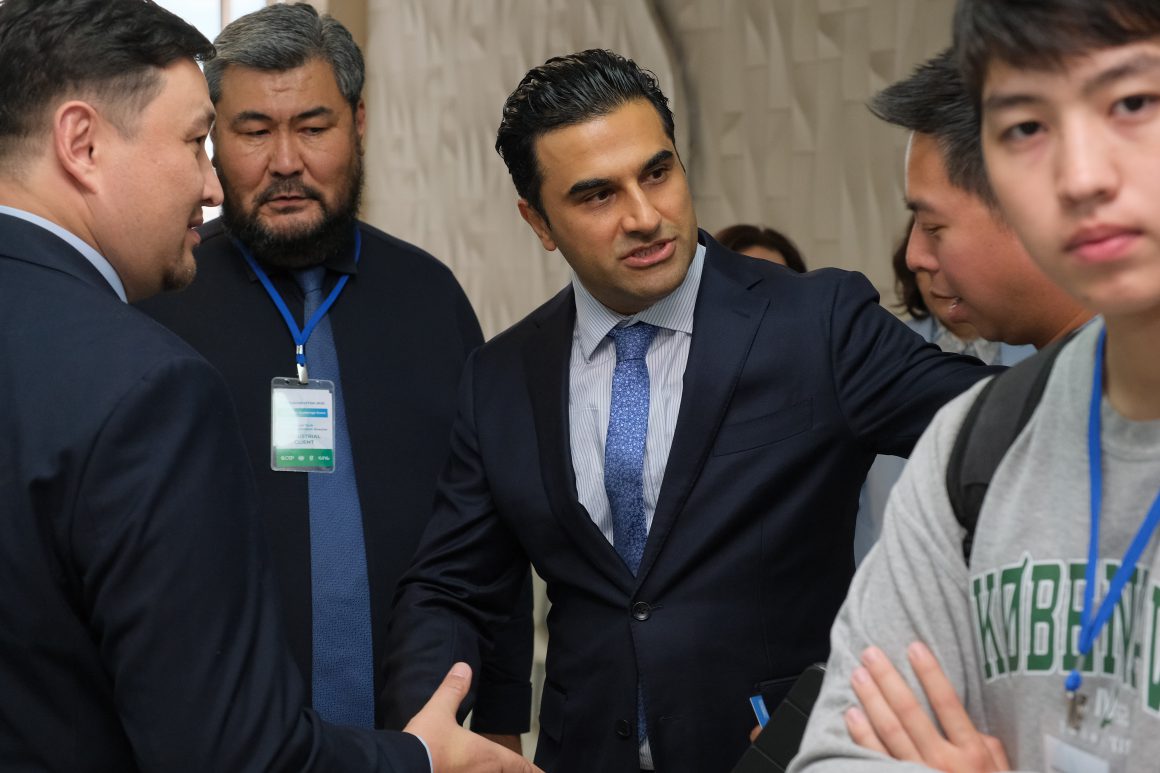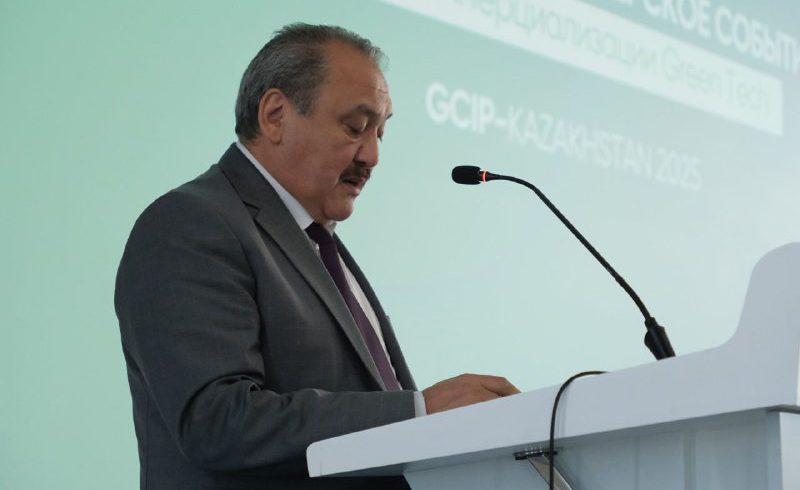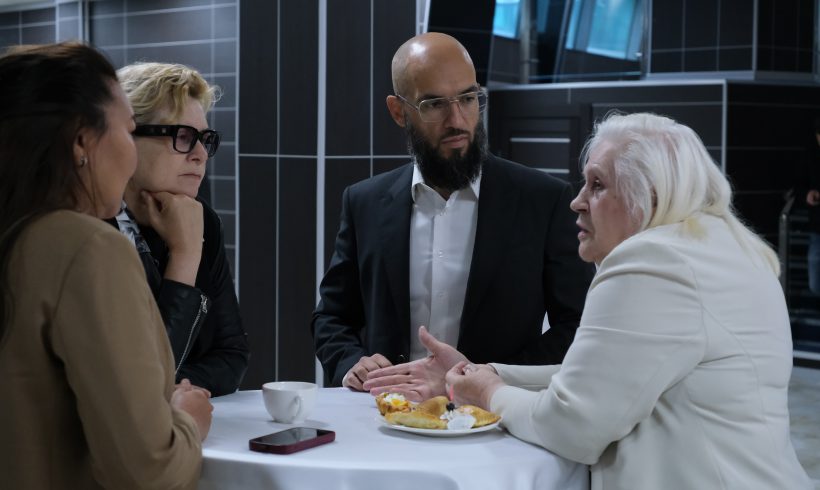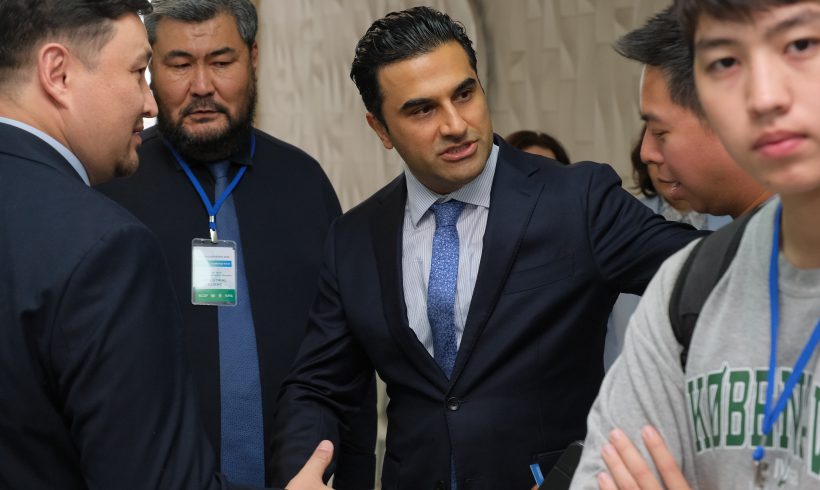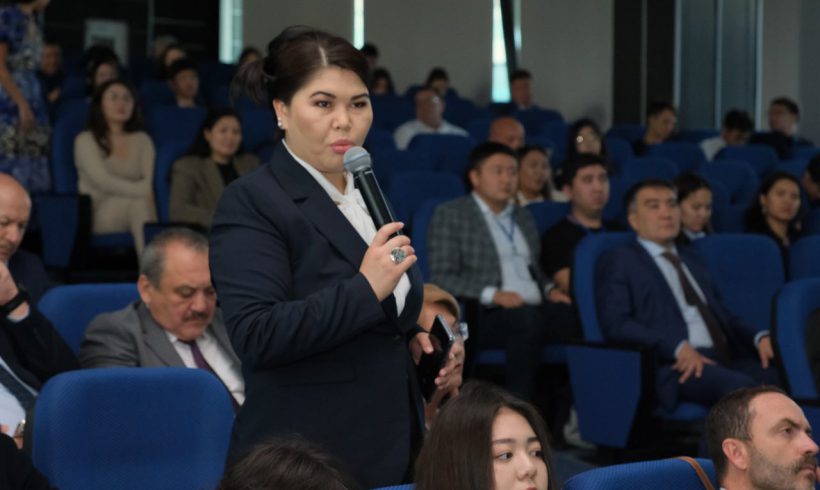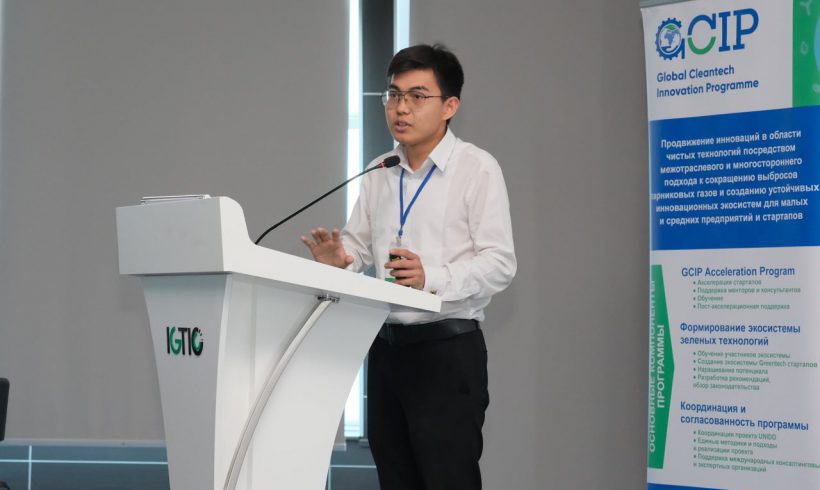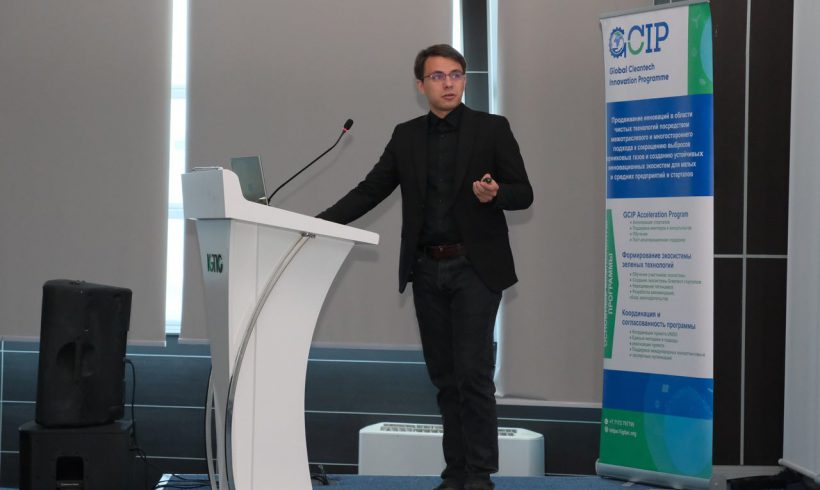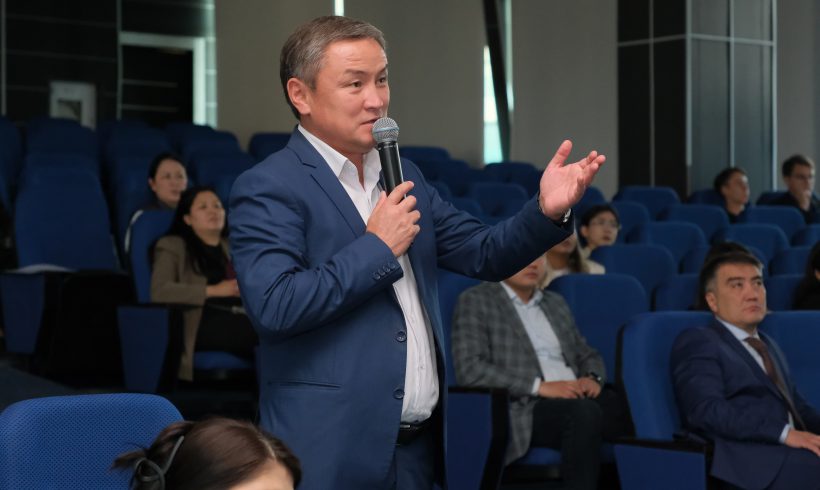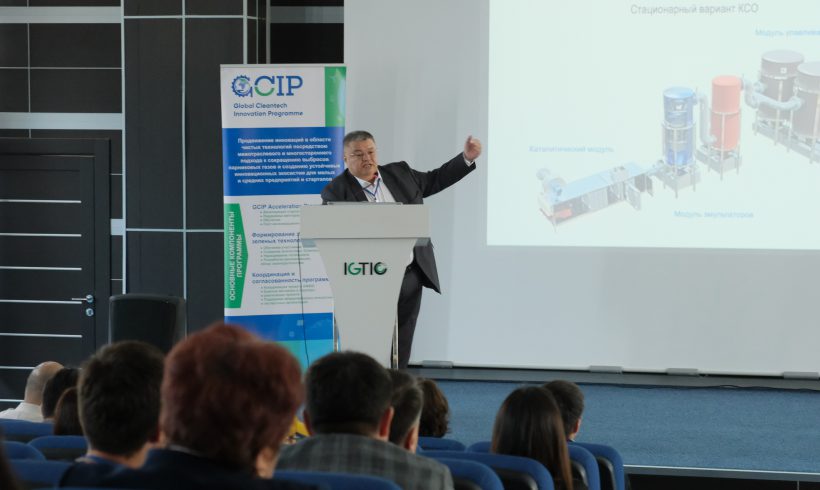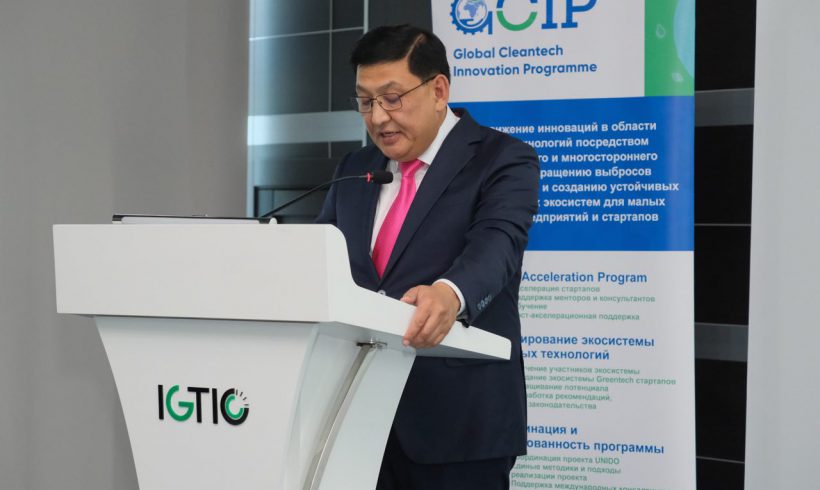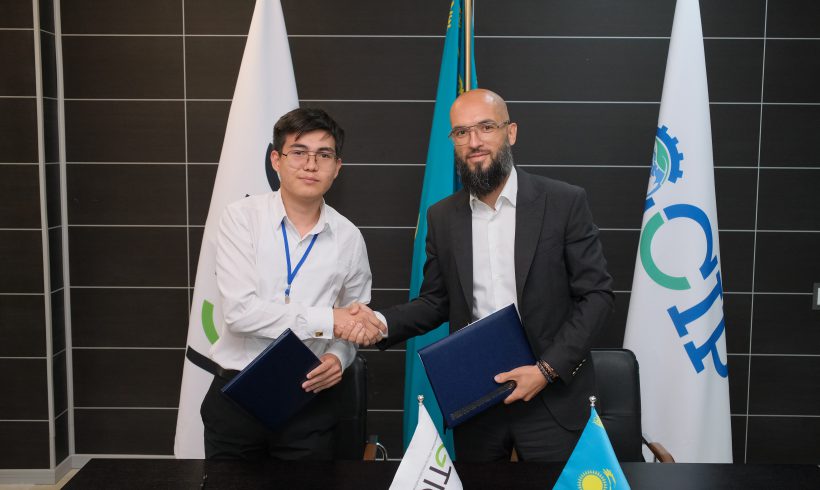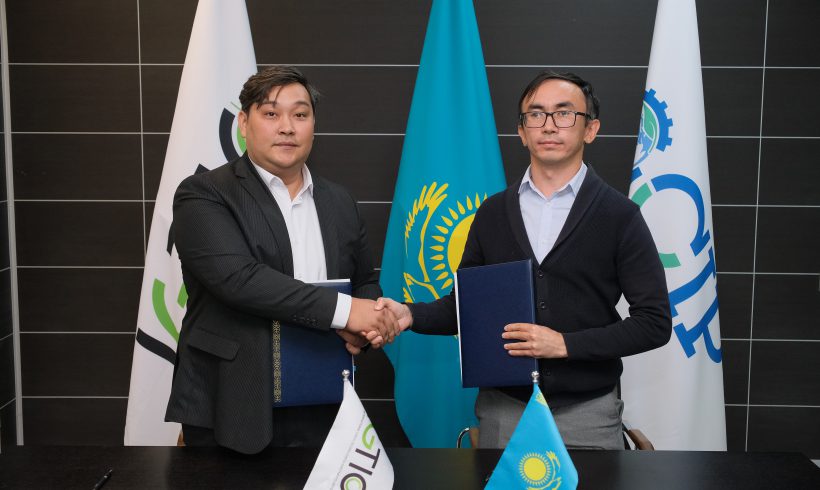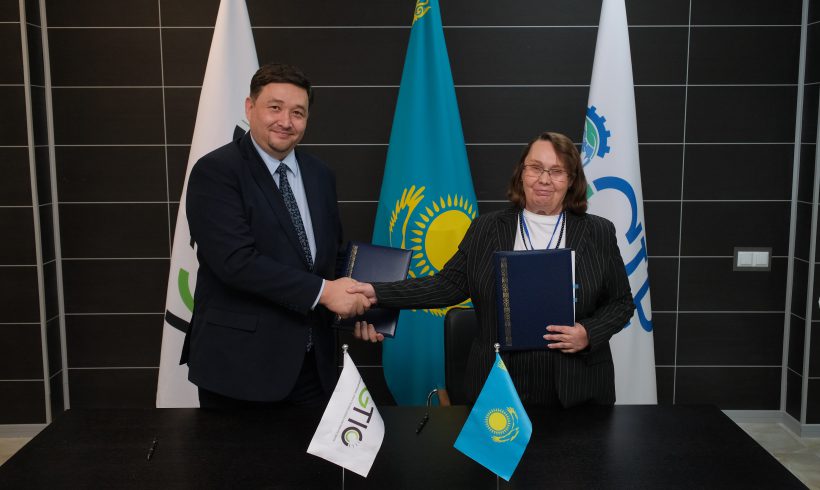Astana continues to experience high levels of air pollution.This and other pressing environmental issues of the capital and surrounding region were addressed during the Green Tech Commercialization Reactor, a technological brokerage event organized by the International Green Technologies and Investment Projects Center (IGTIPC). The event was held as part of the GCIP-Kazakhstan 2025 program, implemented in partnership with UNIDO and the Global Environment Facility (GEF).
The platform brought together developers of environmental solutions, government representatives, business leaders, experts, and investors to jointly form a sustainability agenda for Astana and the Akmola Region.
The main goal of the brokerage session was to support the commercialization and implementation of innovative technologies capable of addressing key environmental challenges of the region. Prior to the event, IGTIPC conducted extensive consultations with government and NGO stakeholders, which identified four priority areas:
- Reducing air pollution and improving air quality
- Sustainable water management, including reuse and digital metering
- Waste recycling and reduction
- Urban greening and enhancing Astana’s climate resilience
Startups offering practical solutions in these areas were pre-selected — 16 projects pitched their ideas in a fast-paced technology session. The event also featured B2B and B2S meetings, an Investor Connect session, and masterclasses on scaling green startups and promoting women’s entrepreneurship in climate innovation.
The event aligns with Kazakhstan’s national program “Taza Kazakhstan”, initiated by the Head of State, which aims to radically improve the country’s environmental outlook. As a rapidly growing metropolis, Astana faces several systemic challenges:
- Over 500,000 vehicles daily contribute to poor air quality, with public transport usage below 20%
- Over 300,000 tons of household waste are generated annually, only a quarter of which is recycled
- Rapid urbanization requires consistent greening and sustainable urban planning
- The annual construction of more than 3 million m² of housing demands green standards and energy-efficient technologies
Many of the solutions presented focused on digitizing water metering, circular waste use, environmental monitoring, energy efficiency, and climate adaptation. Government ministries, city administrations, utility providers, and private companies shared their needs — and expressed readiness to pilot and adopt innovative approaches.
Opening the event, Vice Minister of Ecology and Natural Resources of Kazakhstan, Zhomart Aliyev, emphasized:
“Our common goal is not to introduce green solutions in isolation, but to create systemic change that enhances quality of life, reduces pressure on the environment, and sets a new direction for technological development.”


